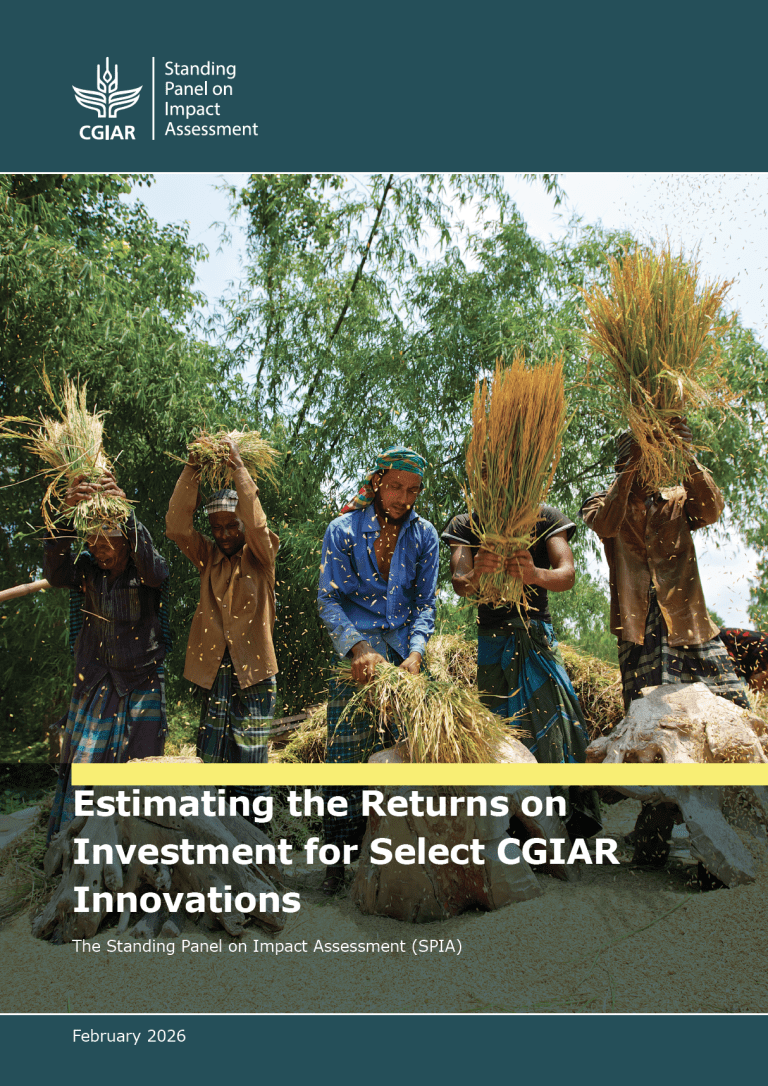Abstract
Low productivity in agriculture is a pressing development challenge in Nepal where nearly 66 percent of the population is engaged in agriculture. To meet the needs of a growing population, agriculture has expanded into marginal areas of the country—increasing pressure on the environment. Extension services, responsible for farmer training and technology dissemination, face inadequate funding and staffing. Hence, there is a need for agricultural technologies that increase yields and better means of disseminating them to farmers.
According to research from the International Maize and Wheat Improvement Center (CIMMYT) conducted in hilly regions of Nepal, intercropping maize with tomato, French bean, or ginger has the potential to improve yields, reduce crop failure, and increase food security for adopters. This practice is appropriate across Nepal’s geographic areas and farmers could adopt it at low cost if they learnt the technique. Prior to the study, the adoption rate of this specific combination of the practice was below ten percent. Lack of information was considered a critical barrier to adoption. This study aimed to identify ways to facilitate the diffusion of knowledge and adoption of this type of intercropping by using performance based incentives and leveraging social networks to augment the existing extension
services system.
This research was supported by ISPC-SPIA under the grant 'Strengthening Impact Assessment in the CGIAR (SIAC).'
Citation
SPIA. (2019). Using Social Networks to Promote New Agricultural Technologies
in Nepal, Brief N. 76. Rome: Standing Panel on Impact Assessment.





